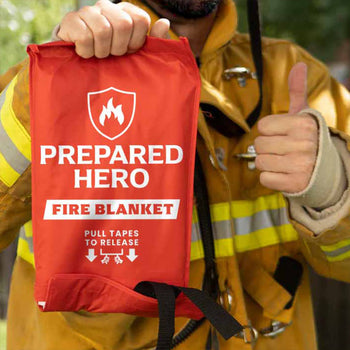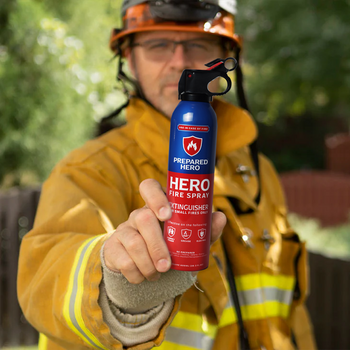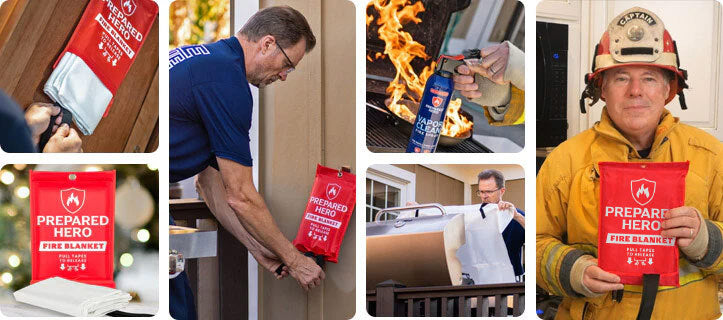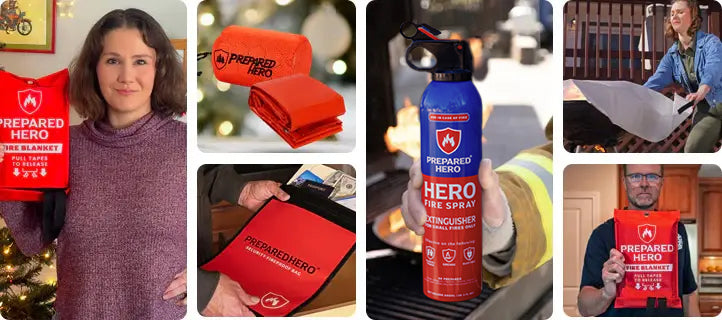Where you put your smoke detectors matters just as much as installing them. Proper placement makes sure they can detect...
Homeowners insurance protects you from financial losses because of unexpected events like fires. To help you understand how homeowners insurance helps, we'll dive into the nooks and crannies of this policy.
What Is Homeowners Insurance?

A homeowners insurance covers incidents that happen to the insured property. When a claim is made on these incidents, the homeowner will have to pay a deductible, which is the out-of-pocket costs for the insured.
For instance, a claim is made to an insurer because of an accidental fire. An adjuster estimates the cost to bring the house back to livable conditions to be $10,000. If the claim gets approved, the homeowner is informed of their deductible amount, for example, $5,000, according to the policy agreement.
The insurance company will then pay the excess cost, which in this case, is $5,000. The higher the deductible, the lower the monthly or annual premium on a homeowners insurance policy is.
How Does Homeowners Insurance Work?

The journey begins when you choose an insurance policy that matches your needs. After choosing your policy, you have to pay a premium to the insurance company, usually monthly or yearly.
When an unfortunate event occurs― a burglary, fire, or storm― you can use your insurance to pay for damages.
To do this, you must file a claim with your insurance company, describing the incident and the associated losses. The insurance company will then assess the situation and spring into action.
After your claim is reviewed and approved, your insurance company will cover the repair or replacement costs. The coverage depends on your policy limits and the deductibles you need to pay.
However, homeowners insurance doesn't cover everything. Certain natural disasters like floods and earthquakes might require additional policies. So, always remember to fully understand your insurance policy so you won't get caught off guard.
What Does Homeowners Insurance Cover?

Here are the things homeowners insurance covers:
Housing Assistance
If you cannot live in your home because of damage, your homeowners insurance can pay for temporary housing. For instance, you might need to rent an apartment while your home is being rebuilt after a fire. Homeowners insurance can cover these fees.
Personal Property Protection
Homeowners insurance also offers coverage for your personal belongings. For example, if a burglar enters your home and ruins your bedroom. Your homeowners insurance can cover the cost of your bed, dresser, and other damaged items.
Liability Coverage
Homeowners insurance protects your home during natural disasters. However, you might need additional policies for certain disasters like earthquakes and floods.
Financial Safety Net
Homeowners insurance can help you stay out of debt, keep your savings intact, and preserve your credit if you lose your home in a disaster. You can pay a deductible and your homeowners insurance will cover the rest.
Conclusion
Homeowners insurance protects your financial well-being against misfortune. With it, you can bounce back stronger even after the fiercest incidents.
However, remember the wise words, "Prevention is better than cure." A well-protected home is a safe home. So, why not level up your fire safety measures? Equip your home with quality fire safety tools: smoke detectors, fire extinguishers or fire sprays, fire blankets, and more. These tools add an extra layer of protection and help you save on homeowners insurance premiums.
So what are you waiting for? Head to Prepared Hero and get fire protection tools now!


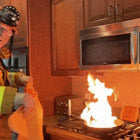 Fire
Fire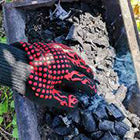 Safety
Safety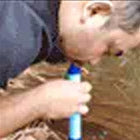 Survival
Survival Protection
Protection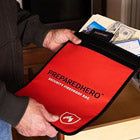 New
New Scouting America
Scouting America
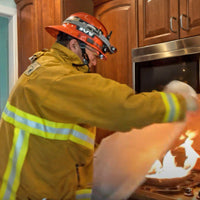 Fire
Fire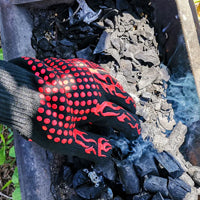 Safety
Safety Survival
Survival Protection
Protection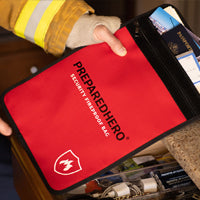 New
New
